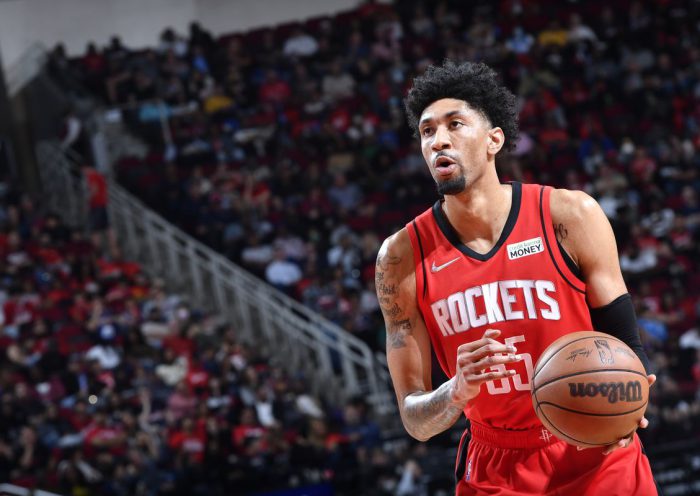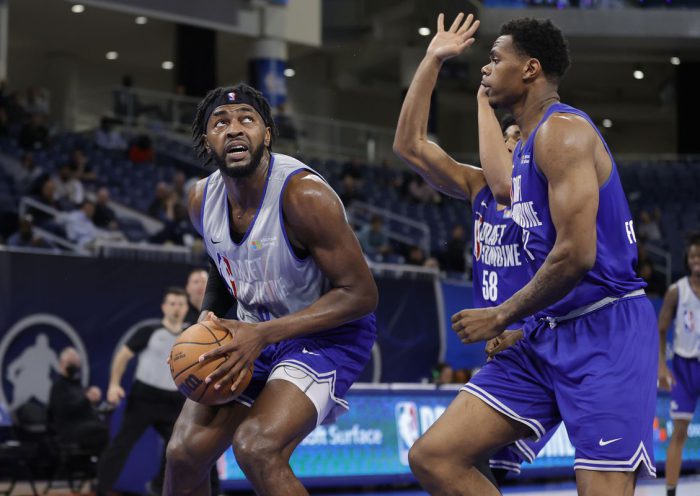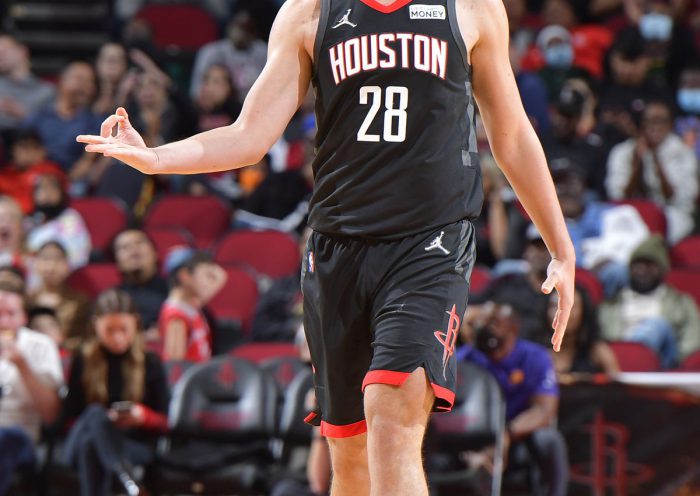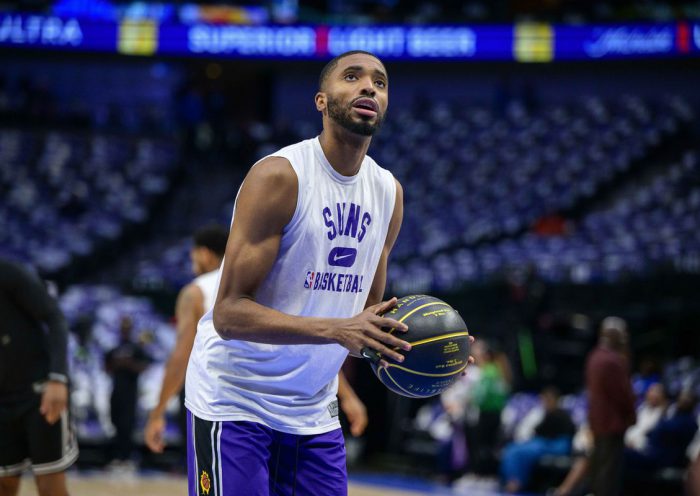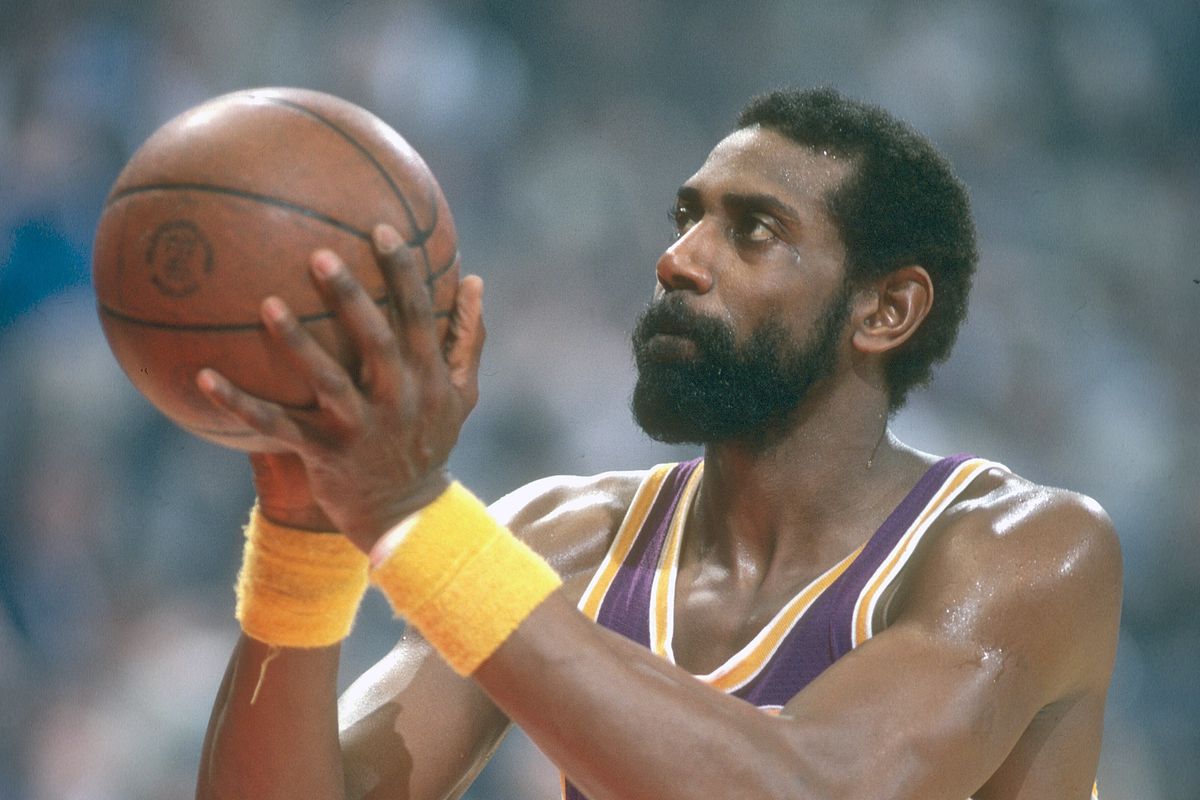
Home Steve Nash purple jerseys Cheap Winning Time: Did Spencer Haywood really get kicked off Lakers for drug use?

Each week, we’ll be looking back on the newest episode of HBO’s “Winning Time” and fact-checking or adding more details on some of the key and bigger plot points by using the book “Showtime: MAGIC, KAREEM, RILEY, AND THE LOS ANGELES LAKERS DYNASTY OF THE 1980S” By Jeff Pearlman.
After spending weeks alluding to Spencer Haywood’s drug use, the newest episode of “Winning Time” dove headfirst into his very real and very dangerous cocaine addiction.
The reality is that most of the tales tied to his addiction in the episode are either real or tied closely to real stories themselves. Haywood, like so many others in the 1980s, battled and struggled with drug addiction.
In fact, in Jeff Pearlman’s book, Haywood estimated that not only was “80 percent” of the league using cocaine in the 1979-80 season, but that a large number of Lakers were included in that figure. He also wasn’t the only person around the organization at that time to speak to Pearlman for “Showtime” about the drug’s prevalence both in the city, and during that era.
At the same time the Lakers were rolling along, putting forth some of the best basketball in recent memory, at least half the members of the roster were using cocaine—many recreationally, a couple dangerously. “Cocaine was the perfect Los Angeles drug,” said Jeanie Buss, Jerry Buss’s daughter. “People could party all night and they honestly didn’t think it did them any harm. There was a belief that you could do coke and it wasn’t addictive. I never tried cocaine, but one night I was at a club and this guy was hitting on me. I was nineteen, he was probably thirty. And he goes, Do you like snow?’ I said, ‘I hate skiing. It’s just too cold’ Then I realized...”
“In our town,” said Linda Rambis, “nothing said, ‘I’m rich!’ like a pile of coke.”
In the episode, Haywood’s season-long struggle with cocaine comes to a head just before the Finals. Haywood’s first scene of the episode shows him dozing off during shootaround with teammates puzzled and trying to wake him up. The basis of the story is true, but in real life, it occurred just before the Finals, and all of Haywood’s teammates knew why he had dozed off.
In an effort to get his team focused before the Finals, Paul Westhead wanted high-intensity practices on Thursday and Friday before a calmer practice on Saturday and the first game of the Finals on Sunday. After vowing to stay off drugs for the Finals and taking part iNBA Shortsn Thursday’s practice with the Lakers, Haywood left the team facilities, returned to his house and, unfortunately, fell back into old habits that night, staying up until 3 a.m. smoking cocaine. Once he realized the mistake he had made, Pearlman writes that Haywood took two Quaaludes to calm down, tried to sleep briefly before departing for practice.
Predictably, things went very poorly. Haywood fell asleep while driving to the arena multiple times but, miraculously, still arrived unscathed. That was only the beginning of his problems though.
Upon entering the building, Haywood did all he could to act normally. He greeted teammates, changed into his gear, strolled into the meeting room, where Westhead turned off the lights to begin showing film. Zzzzzz. “It’s dark, and Spencer’s next to me,” said Norm Nixon. “He falls fast asleep. I elbowed him to wake up.” The Lakers congregated on the court to stretch. Again, Haywood closed his eyes and dozed off. “We werNBA Latin Nights Geare on our backs, and that cold hardwood floor felt like a feather bed,” he wrote. “Everything became blurry, including the other players. I felt myself floating over the court, like they say you do when you die. I could heMichael Jordan Jerseysar a buzz like an airplane sounds and then-boom, the big curtain.”
The Laker players knew exactly what was going on. Many had used cocaine before, and some had used with Haywood. But there was a difference between using cocaine and handing oneself over to cocaine. Somewhere along the way, Haywood surrendered to the drug. “It had me,” he said. “It just had me.”
Cooper tried to stir Haywood from his repose, shaking him gently with his hand, but to no avail. When Haywood finally came to, Westhead ordered him to go home. “I tried to be as understanding as possible,” Westhead said. “I wasn’t trying to pick on Spencer, or make him feel like an outcast. But what is a coach supposed to do when you have this sort of behavior? What choice did I have?”
Haywood was not in an empathetic mood. “F--- you,” he muttered as he left the gym. “And f--- this team.”
In “Winning Time,” after storming out of practice, Haywood goes to the locker room in search of cocaine in his bag. After dropping it on the floor, a teammate greets him in the bathroom with tape and tape cutters that he borrowed from Haywood’s locker. That situation quickly escalates into a fight out of nowhere.
In reality, that specific fight did not happen, but there was a significant dust-up involving tape cutters. Following a loss in Game 2 of the Finals, an angry Haywood returns to the locker room after the game having played only two minutes. The locker beside him was occupied by a rookie named Brad Holland, who picked a bad time to mess with an ill-tempered Haywood:
As the two sat side by side in the quiet room, Haywood glared toward his left. “Gimme your tape cutters,” he snarled.
...
“If you say please,” [Holland] responded curtly.
“If I have to say please, I don’t wanna use ‘em!” Haywood barked.
“Fine,” said Holland. “Then don’t use them.”
By now, both men were screaming. Haywood stood up. Holland stood up. “You know what, Spencer, we’re trying to win games here!” Holland yelled. “What is your problem?”
“What the fuck are you gonna do about it, Potsie?” Haywood replied.
The veteran expected his teammates to come to his aid and put the newcomer in his place.
“You crazy, Wood? suns jersey the valley” said Chones. “Man, you’re letting us down.”
What?
“Cut the crap,” said Nixon. “You’re being stupid.”
Moments later, Buss, Westhead and Haywood met in private. The man brought in toNBA Beanies play power forward was suspended for the remainder of the season. His days as a Laker were over. In the ultimate indignity, he would later be voted but a quarter share of playoff money.
“It’s more,” Abdul-Jabbar said, “than he deserved.”
That’s right. In reality, a fight over tape cutters was the straw that broke the camel’s back, which says more about how bad the situatioJoel Embiid Jerseysn had gotten. Obviously, this is where the show and reality drifted apart.
There was no moment where Haywood was given one more chance by Kareem Abdul-Jabbar. There was no moment where he was found outside the Forum Club on the ground, high from cocaine. And there was no team vote with Cap as the deciding vote. In fact, there si deandre ayton jersey the valleymply was no real friendship with Kareem, at least in real life.
Two players who didn’t use were Johnson and Abdul-Jabbar. Both men viewed Haywood less as a teammate and more as a barrier between the Lakers and the NBA championship. “Boy, Kareem did not like Spencer,” Landsberger said. “There was real bad blood.’
That also means there was no interaction between the two in the locker room. While the scene in the episode was one of the best of the show, it was entirely fabricated.
The show effectively invented a friendship between the two, maybe because they were both figures who forced progress from the NBA and professional sports in general. Spencer Haywood successfully fought for players to enter the NBA out of high school, while Kareem has a laundry list of social justice issues he’s advocated for in a time when the United States was far less tolerant of athlete activists. The reality is, though, that the two very much did not have a friendship, and there was seemingly no mutual respect between them that led to Cap being the one to let him know that he was cut from the team.
But what ensued after Haywood left the facility was not fabricated. The show ends with Haywood banging on the door of an unnamed person before asking to put out a hit on the Los Angeles Lakers.
In reality, it was only one person he tried to have killed: Paul Westhead.
With his hope crushed and his dreams dead, Haywood consumed himself in a tidal wave of drugs and pity and terrifying plots. Only one teammate, Jamaal Wilkes, had called to check on him after the dismissal. Otherwise, they were all enemies. Abdul-Jabbar for being cold. Holland for screaming. Chones for not having his back. Johnson for being so damn happy. And, most of all, Westhead, the coach who ruined everything. “I left the Forum and drove off in my Rolls thinking only that Westhead must die,” Haywood said.
He called a friend—Gregory, from Detroit—who dabbled in organized crime, and hatched a plan. They would sneak into Westhead’s driveway at night and disable the brakes on his car. The next time the coach tried driving down the long, winding road from his Palos Verdes home, Haywood and his pals would run his vehicle off a cliff.
Fortunately for everyone involved, the plan never played out, as Haywood’s mother broke through to Spencer to talk him out of the idea. Years later, Haywood would even seek out Westhead to make amends.
“Here’s the amazing thing,” said Westhead. “Eight years later I’m coaching college at Loyola Marymount, and Spencer Haywood enters the gym. He was in recovery, and he came to ask for my forgiveness.”
“Spencer, of course I forgive you,” Westhead had said. “Hell, it’s great to see you. Because, if it had worked, I wouldn’t be seeing you.”
Haywood is still in recovery and has been very open about having blown an opportunity in his NBA career and, specifically, with the title-winning Lakers:
“I had the greatest opportunity of my career right there in front of me,” Haywood said years later. “And I blew it. I f------ blew it.”
A decision between McKinney and Westhead
The show portrays a decision coming down to the deadline of the playoffs in deciding between Jack McKinney returning, or Paul Westhead keeping his job. We’ve talked a lot about Westhead and McKinney and the battle for the head coaching position and how much of it has been true throughout the season, so there isn’t much need to dive into those details again.
But that decision, obviously, did really have to be made. However, it wasn’t as close to the playoffs as the show suggests. Ultimately, Dr. Buss made the choice on March 13, 1980, according to Pearlman, for Westhead to remain as head coach, three weeks before the start of the playoffs. Whether Jerry West — who was serving as a special consultant in the front office — was involved to the degree the show suggests is unclear.
A bye in the playoffs?
A kind of throwaway line early on the show was how the Lakers actually lost out on more money by securing a bye in the playoffs. Whether the financials were that tight is something we’ll never truly know, but securing a bye in the playoffs?
That’s right. In 1980, the playoffs were situated a bit differently than either they were for much of the 1990s, 2000s and 2010s and certainly different from present day. In that season, the Lakers finished as the No. 1 seed in the Western Conference. At the time, six teams made the playoffs in each conference.
As a result, the top two seeds in each conference received a bye while the remaining four teams played a best-of-three series. The result was the Lakers finishing the regular season on March 30, then having over a week off before starting the playoffs on April 8 against the Phoenix Suns, who needed three games to beat the Kings in Phoenix Suns 13 Nash Latin Nights Orange Swingman Jersey Cheapthe first round.
It also meant the Lakers only needed to win two series to make the Finals, both of which they controlled rather comfortably with 4-1 wins over the Suns and Sonics to win the Western Conference. Perhaps most bizarre, though, was that the Sonics beat fellow Western Con devin booker jersey youthference foe Milwaukee to reach the conference finals, while the Rockets and Spurs played in the Eastern Conference.
The Chicago Bulls were also a Western Conference team, but not Bucks or Spurs or Rockets, all of whom are actually further west on a map. Because logic was hard to come by in 1980, it seems.
Most stories from this article via “Showtime: MAGIC, KAREEM, RILEY, AND THE LOS ANGELES LAKERS DYNASTY OF THE 1980S” by Jeff Pearlman, which is a must-read for fans of “Winning Time,” and Lakers fans in general, and served as the source material for the show. For more Lakers talk, subscribe to the Silver Screen and Roll podcast feed on iTunes, Spotify, Stitcher or Google Podcasts. You can follow Jacob on Twitter at @JacobRude.
More From
Darvin Ham takes blame for Lakers collapse against Pacers Lakers lose heartbreaker to Indy, 116-115 Report: Lakers roster feels they are only ‘couple of players away’ from coNBA Hatsntention Rob Pelinka has made it impossible to focus on the basketball Report: Lakers prefer patience, may wait until January for Buddy Hield, Myles Turner trade LeBron James credits improved chemistry for Lakers recent winning run
